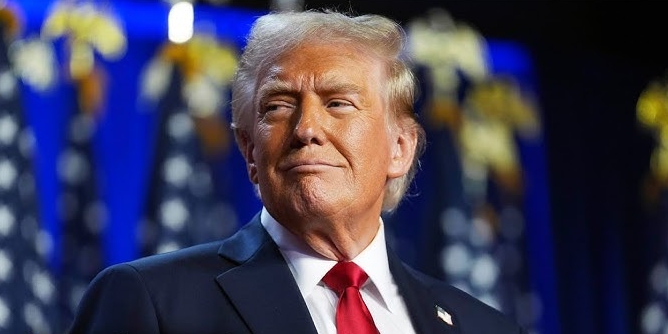Tensions between Indiana University and its student newspaper flared this week with the elimination of the outlet’s print editions and the firing of a faculty adviser, who refused an order to keep news stories out of a homecoming edition.
Administrators may have been hoping to minimize distractions this homecoming weekend as the school prepares to celebrate a Hoosiers football team with its highest-ever national ranking. Instead, the controversy has entangled the school in questions about censorship and student journalists’ First Amendment rights.
Advocates for student media, Indiana Daily Student alumni and high-profile supporters including billionaire Mark Cuban have blasted the school for stepping on the outlet’s independence.
The Daily Student is routinely honored among the best collegiate publications in the country. It receives about $250,000 annually in subsidies from the university’s Media School to help make up for dwindling ad revenue.
On Tuesday, the university fired the paper’s adviser, Jim Rodenbush, after he refused an order to force student editors to ensure no news stories ran in the print edition tied to the homecoming celebrations.
“I had to make the decision that was going to allow me to live with myself,” Rodenbush said. “I don’t have any regrets whatsoever. In the current environment we’re in, somebody has to stand up.”
IU claims student journalists still control content
A university spokesperson referred an AP reporter to a statement issued Tuesday, which said the campus wants to shift resources from print media to digital platforms both for students’ educational experience and to address the paper’s financial problems.
Chancellor David Reingold issued a separate statement Wednesday saying the school is “firmly committed to the free expression and editorial independence of student media. The university has not and will not interfere with their editorial judgment.”
However, recent actions suggest a different narrative, as the university had previously planned to reduce the cash-strapped newspaper’s print editions from a weekly schedule to just seven special editions per semester tied to specific campus events.
Rodenbush was informed that future editions should contain no news, a directive he deemed unacceptable. His refusal led to his dismissal just before the scheduled homecoming publication.
“Your lack of leadership and ability to work in alignment with the University’s direction for the Student Media Plan is unacceptable,” read Rodenbush’s termination letter from the dean of the Media School.
Despite being barred from print publication, the Indiana Daily Student remains active online.
Student journalists react to university actions
Andrew Miller, co-editor-in-chief of the Indiana Daily Student, stated that Rodenbush “did the right thing by refusing to censor our print edition” and called the situation a “deliberate scare tactic toward journalists and faculty.”
Legal experts affirm that student editors retain control over content at public universities, citing longstanding First Amendment protections.
Rodenbush speculated that the university’s actions may be part of a broader effort to shield the institution from unfavorable exposure. This suspicion is corroborated by the recent online articles published by the student newspaper, which include investigative pieces on sensitive topics such as campus safety and administrative integrity.





















